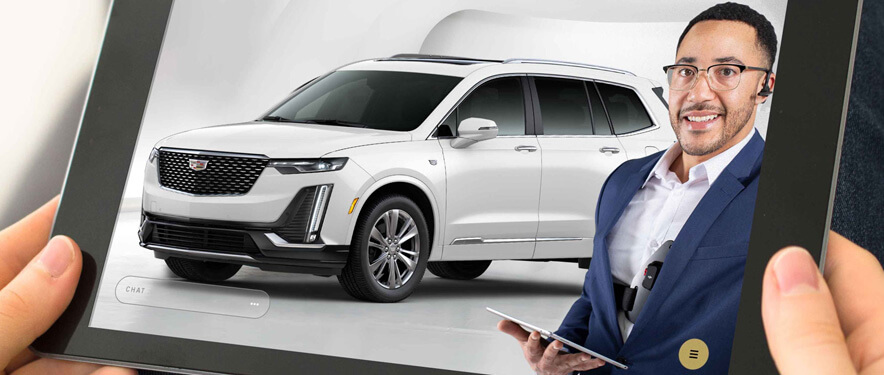- Home
- Financial Resources
- Financial Articles
- How Much Car Can I Afford?

Down Payments and Other Auto Financing Factors to Consider
By Kelly Schaefer Hill / 02/13/2024 / Auto Financing
For many of us, it’s not only a question of which vehicle we want, but also which one we can afford. There are a few things you need to take into account, like the size of your down payment, before you decide on financing your next vehicle.
Need versus want
For some, flying down the highway in a convertible is the dream. Others need the practicality of a truck in order to tow their boat. Either way, you'll want to consider a model that will fit your lifestyle.
Before you sign on the dotted line, consider your needs over the next two to five years. For example, a growing family might need an SUV or crossover for after-school activities, while the environmentally conscious driver may choose a fuel-efficient electric car.
Total cost of ownership
Your car payment can be one of your biggest monthly expenses. Some experts recommend budgeting 15% of your gross annual income for total vehicle expenses. This includes your monthly payment, auto insurance, fuel or electric charging and routine maintenance. And if your vehicle requires premium gasoline or performance tires, you may need to account for higher costs.
If you’re planning on buying your next car, don’t forget to factor in the interest rate of your auto financing when estimating your future car payment. Finding the right financing can be a challenge, but when you apply to prequalify, you can designate your preferred dealership and let them find the rates for you.
Can you afford the car of your dreams?
Remember, the larger your down payment upfront, the lower your monthly payments can go, so if there’s a vehicle you just have to have, it might be worthwhile to save for a sizable down payment.
For example, with a 5% APR, your payment may decrease by about $20 a month for every $1,000 you put down (depending on the terms of your auto finance agreement). A larger down payment also helps you build equity while protecting you from depreciation and potential loss.
Experts generally suggest that you put 20% down when you purchase a vehicle, but you don’t want to stretch your overall budget too thin just for the sake of making a larger down payment. If you’ve been saving responsibly and have a healthy emergency fund in place already, then putting down the suggested 20% on that dream car might make sense. If you’re still building up your savings, financing with a down payment closer to 10%-12% might be more prudent. Use our auto finance calculators to test how different down payment amounts could affect what you spend every month.
Get into the driver’s seat
No matter what vehicle you have your eyes set on, it's important to take financial steps to prepare. With a little planning, you'll be behind the wheel of your ideal car before you know it. Ready to start shopping? Visit our current offers page for the latest deals.
By Kelly Schaefer Hill, GM Financial
Soccer mom, corgi enthusiast, virtual learning teacher’s assistant, Kelly Schaefer Hill wears a lot of hats, but one thing she can’t stay away from is data and fun facts. When she’s not writing a post to answer your questions, she’s hanging with her family.
Related Articles

Am I A Qualified Buyer?
You know the term, but what does it really mean? Let’s help break it down.
LEARN MORE
5 Ways Auto Financing Can Impact Your Credit Score
Your credit score is a key to healthy financial living. If done responsibly, auto financing may help you build a stronger credit profile.
LEARN MORE